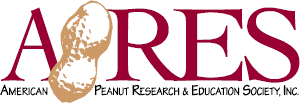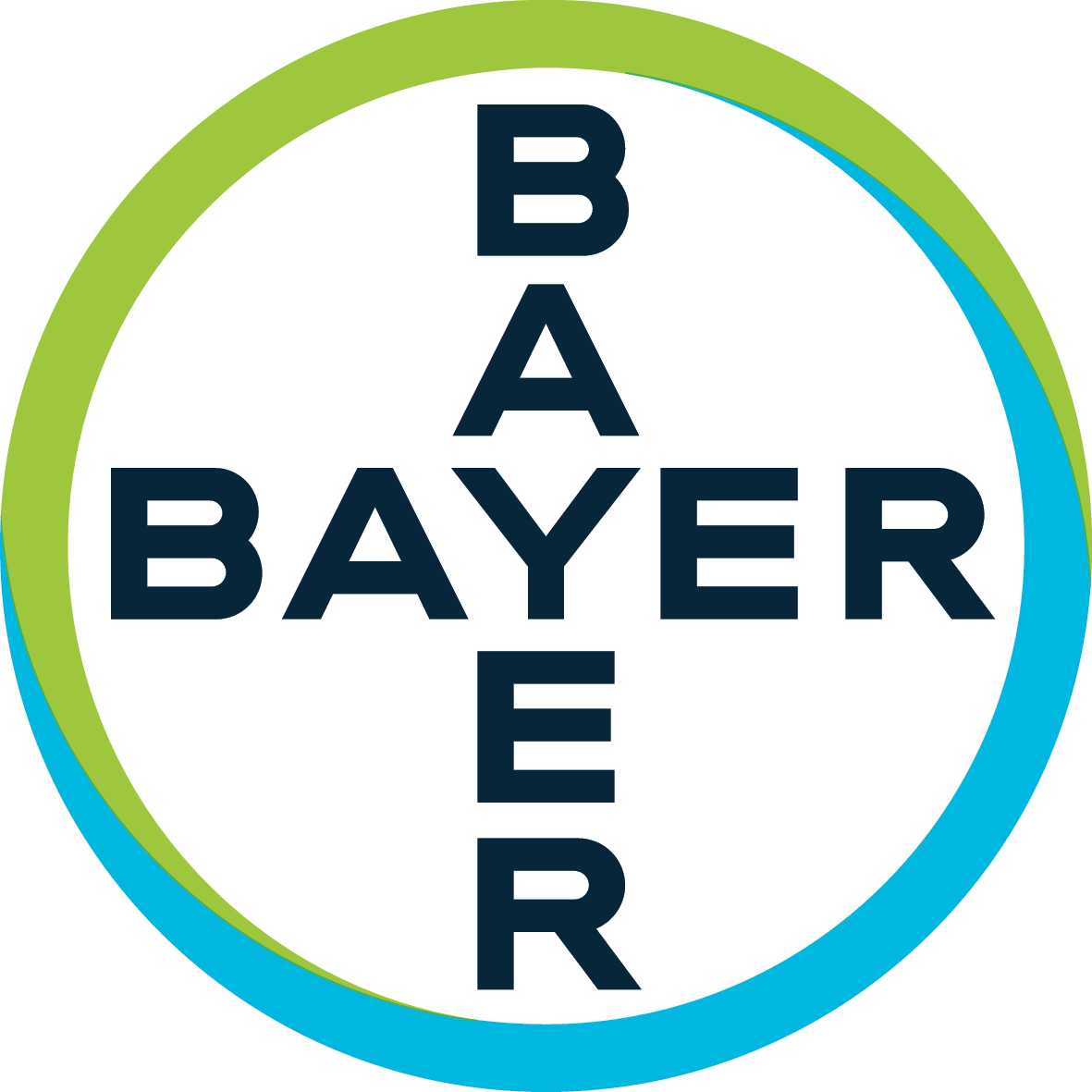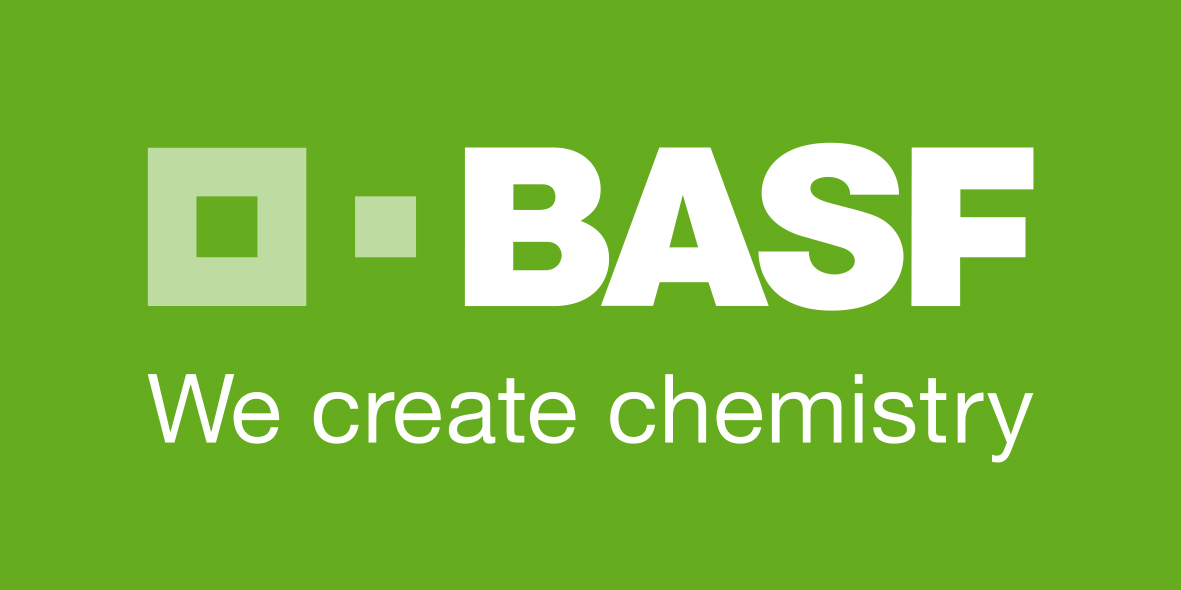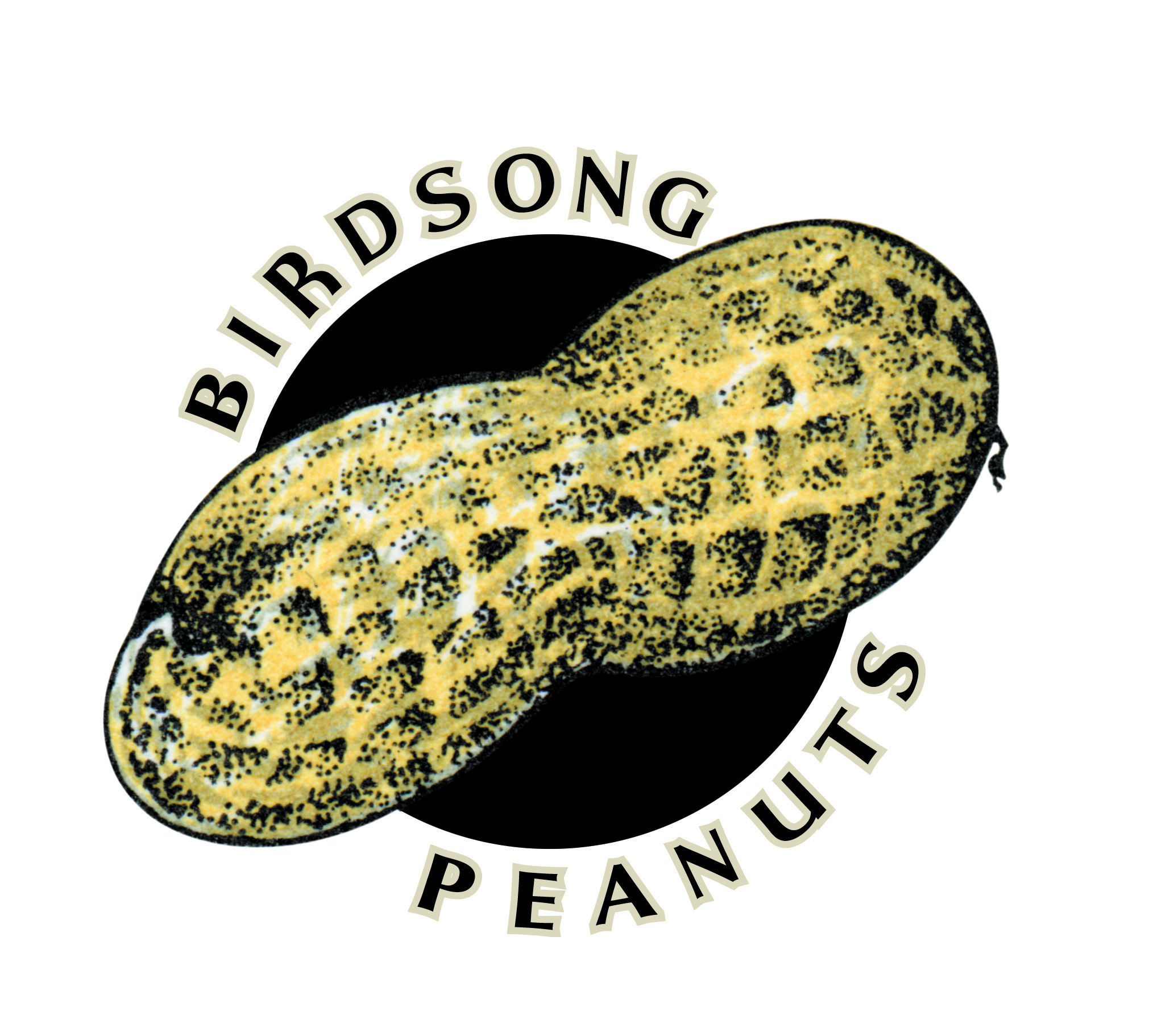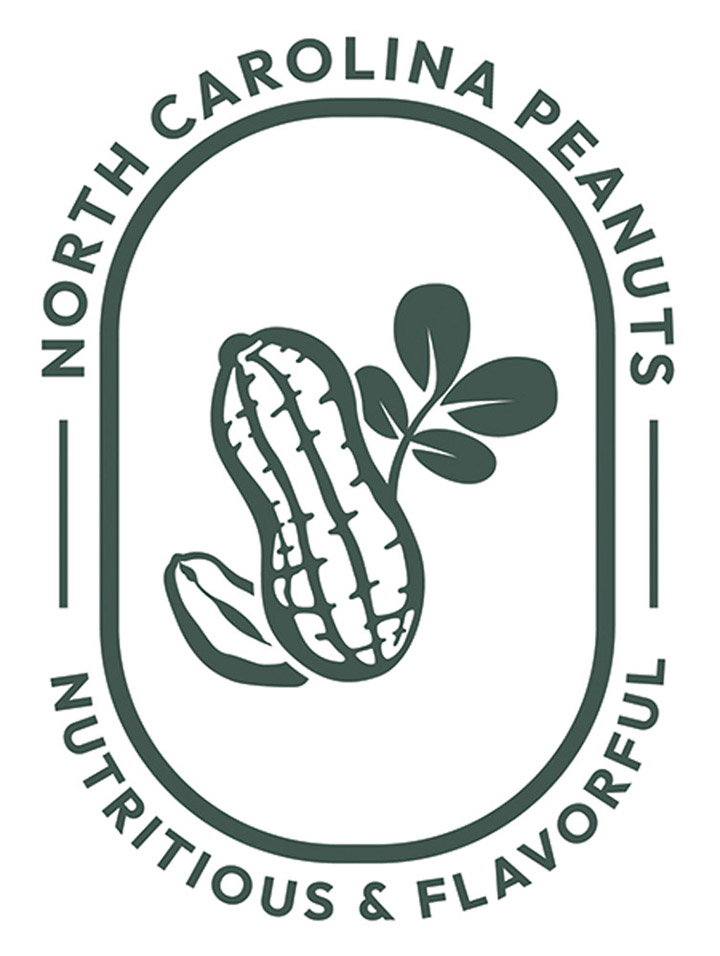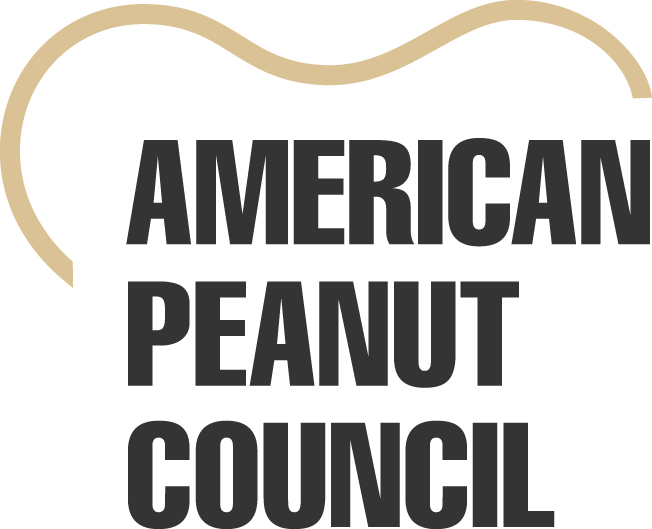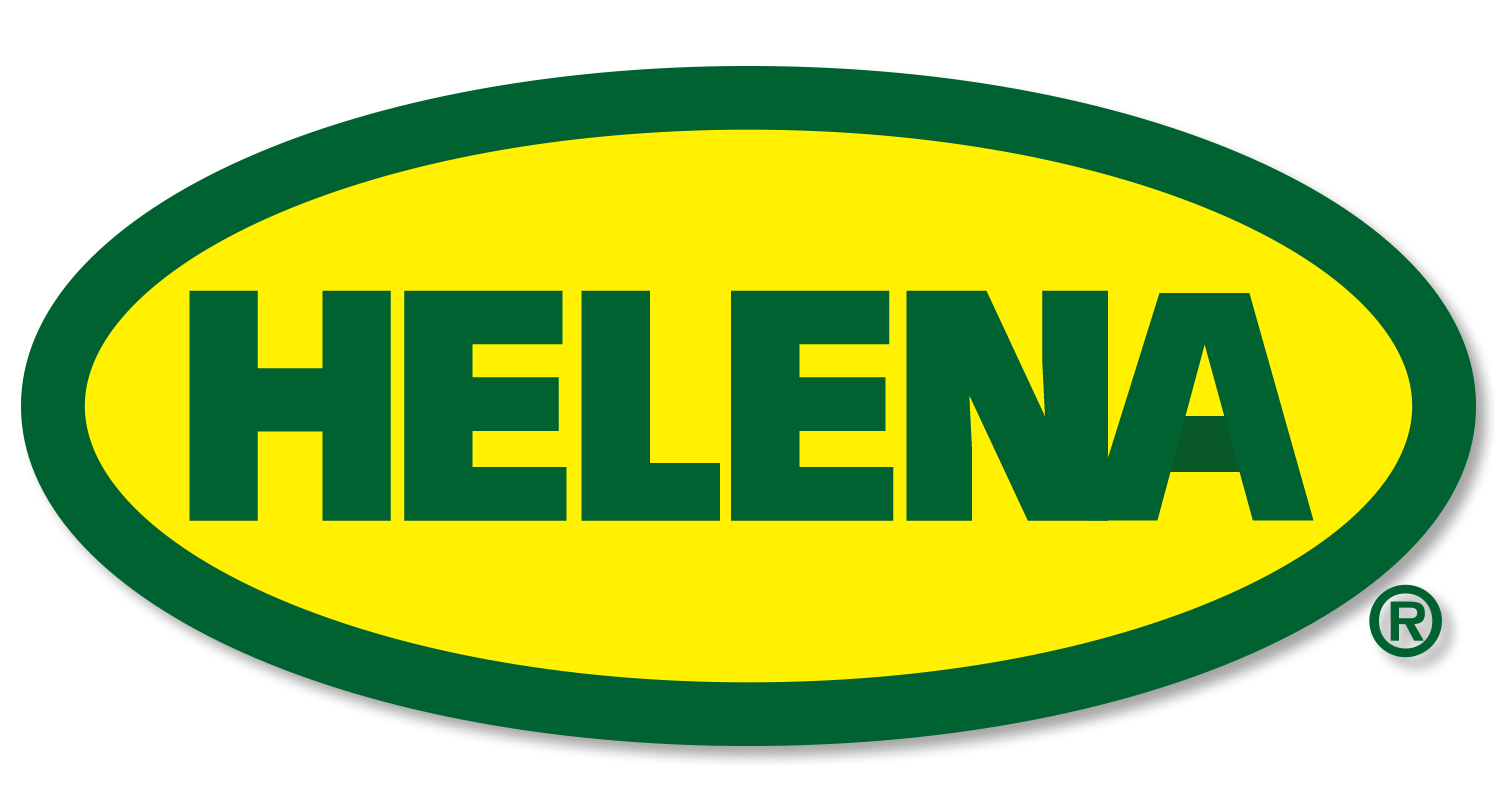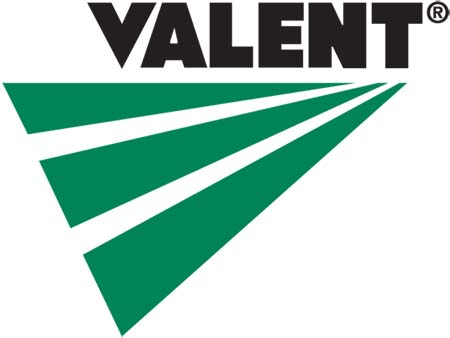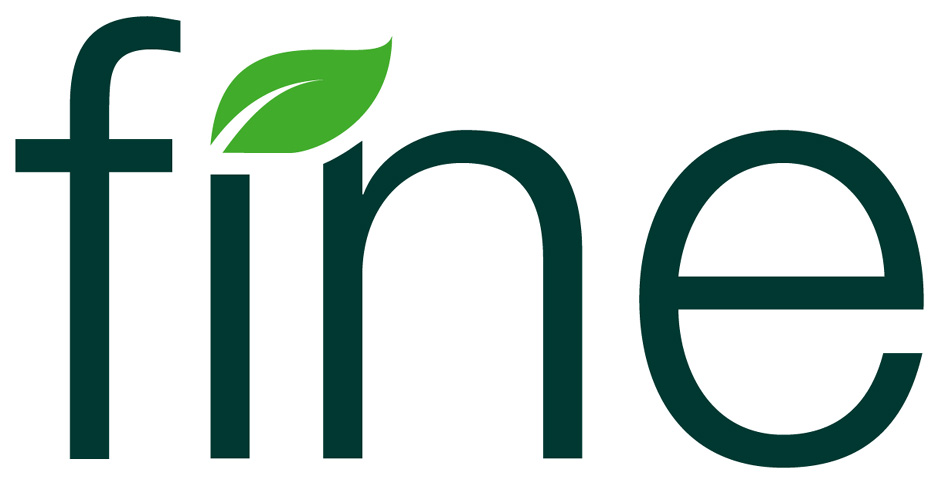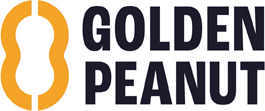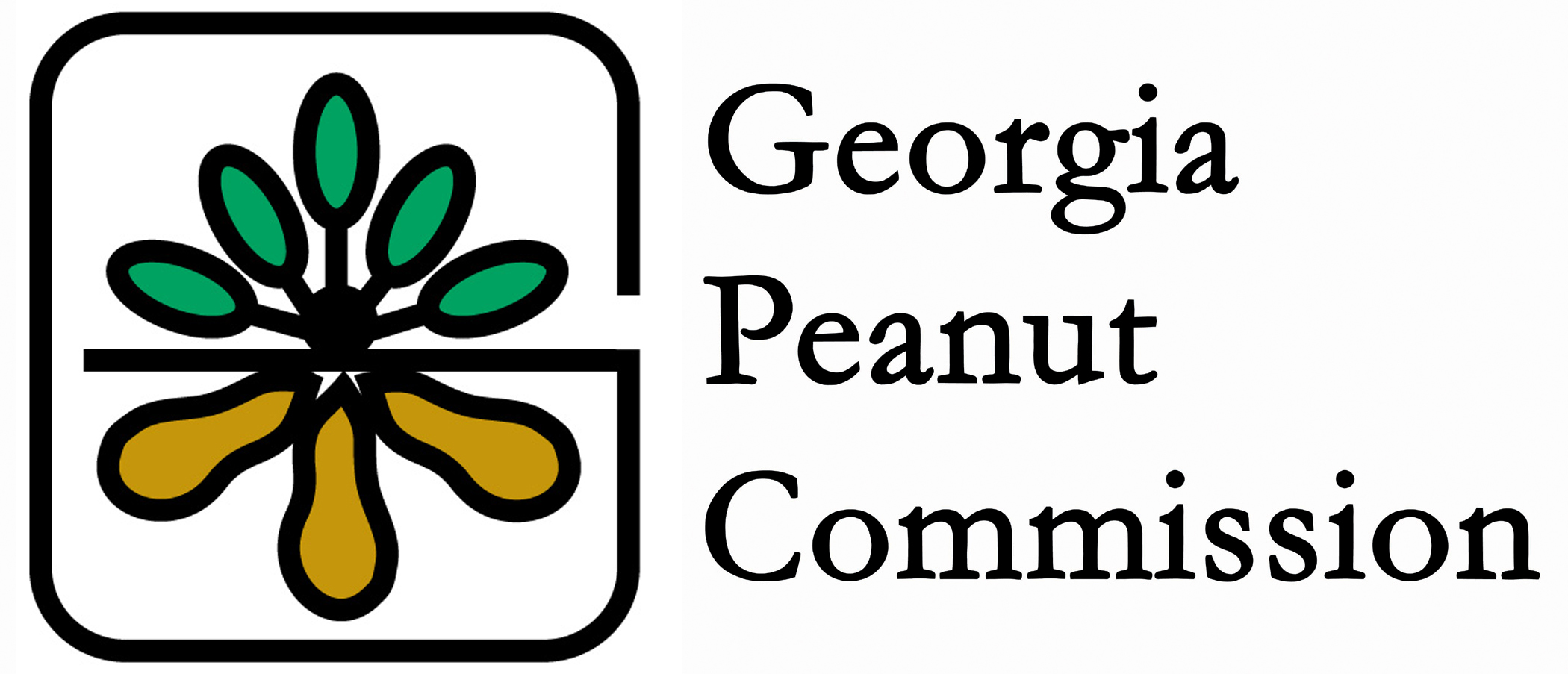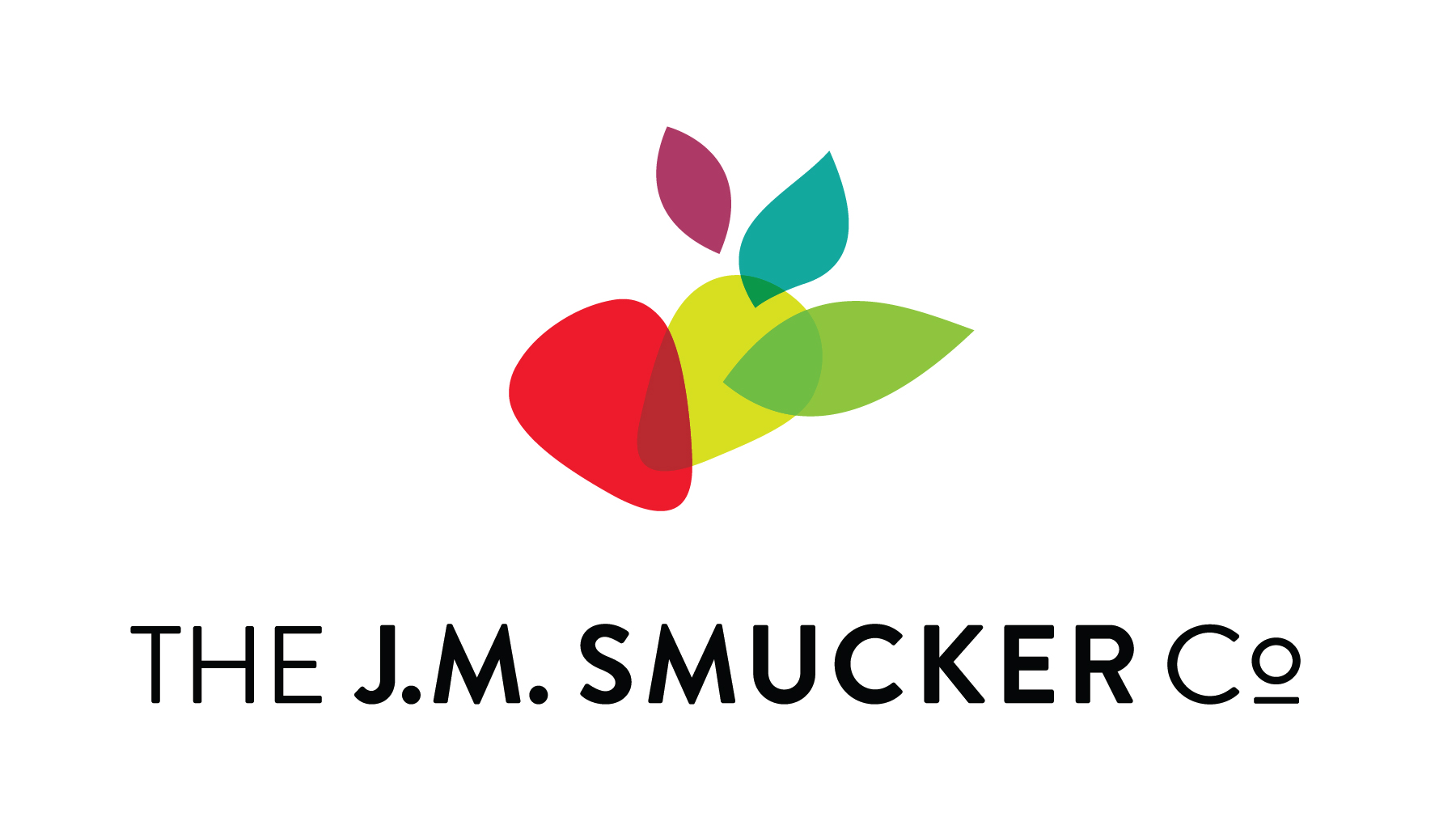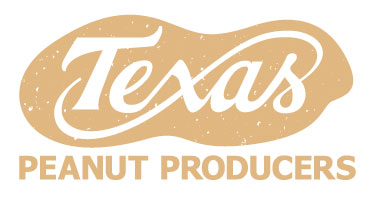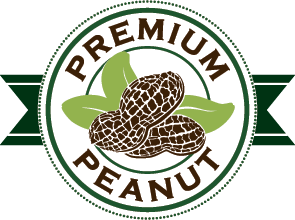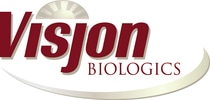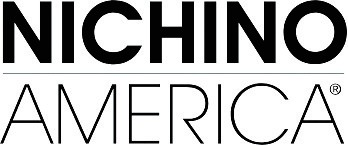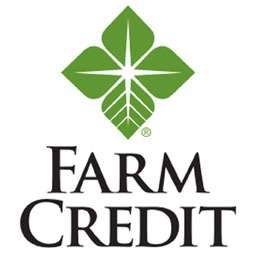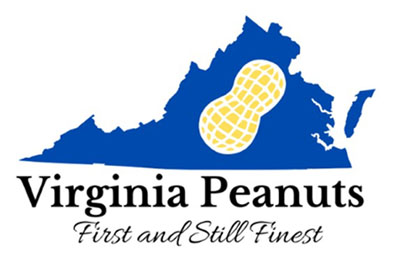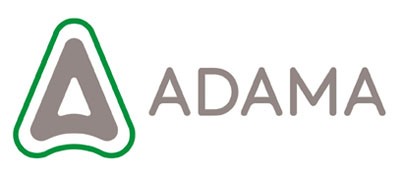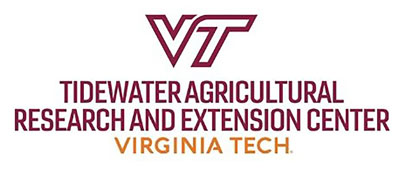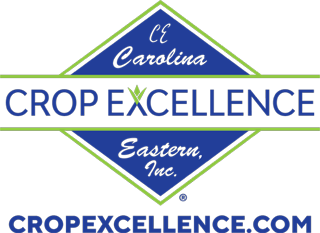Purpose
The purpose of the American Peanut Research & Education Society is to instruct and educate the public on the properties, production, and use of the peanut through the organization and promotion of public discussion groups, forums, lectures, and other programs or presentations. APRES also promotes scientific research on the properties, production, and use of the peanut by providing forums, treatises, magazines, and other forms of educational material for the publication and dissemination of scientific information and research papers.
History
The need for a national peanut research organization was recognized in 1957 and the Peanut Improvement Working Group (PIWG) was organized. The original membership consisted of representatives from the USDA, Land-Grant Universities, and the peanut industry. This small group evolved into an organization representing the diverse interests of the peanut industry and in 1968 the PIWG was dissolved, and the American Peanut Research and Education Association was founded. In 1979, the organization’s name was changed to the American Peanut Research and Education Society (APRES). APRES now has more than 250 individual, student, institutional (library), and sustaining organizational members.
Goals
The goal of APRES is to provide consumers with wholesome peanuts and peanut products at reasonable prices. To achieve this goal, a comprehensive and effective research and educational program designed to improve the inherent qualities of peanuts is essential. Research emphasis must include the continual development of improved varieties, production, harvesting, curing, storing, and processing methodology which promotes peanut quality. Educational emphasis must include the development of an informational program which transmits current developments to research and extension personnel at state universities, to the USDA, to private industry, and to all other interested parties who produce, sell or consume peanuts and/or peanut products.
Specific Goals
- To exchange information on current research and extension programs at its annual meeting.
- To participate in cooperative program planning among research, extension, and industry personnel.
- To periodically review research and extension programs and making appropriate recommendations for revision and redirection.
- To transmit published information to international audiences through APRES publications.
